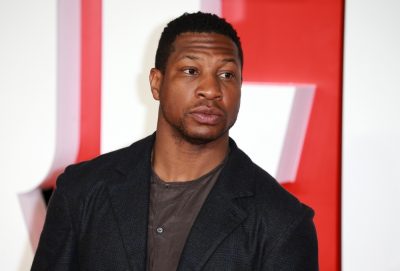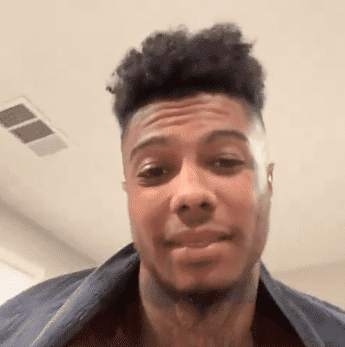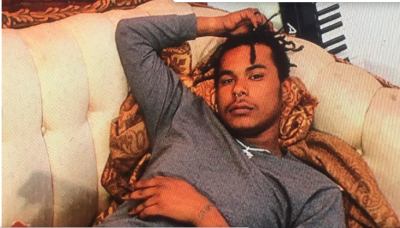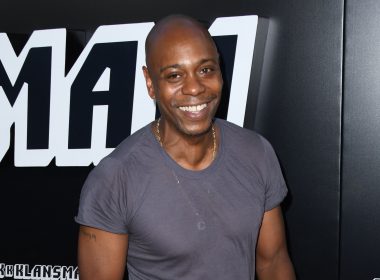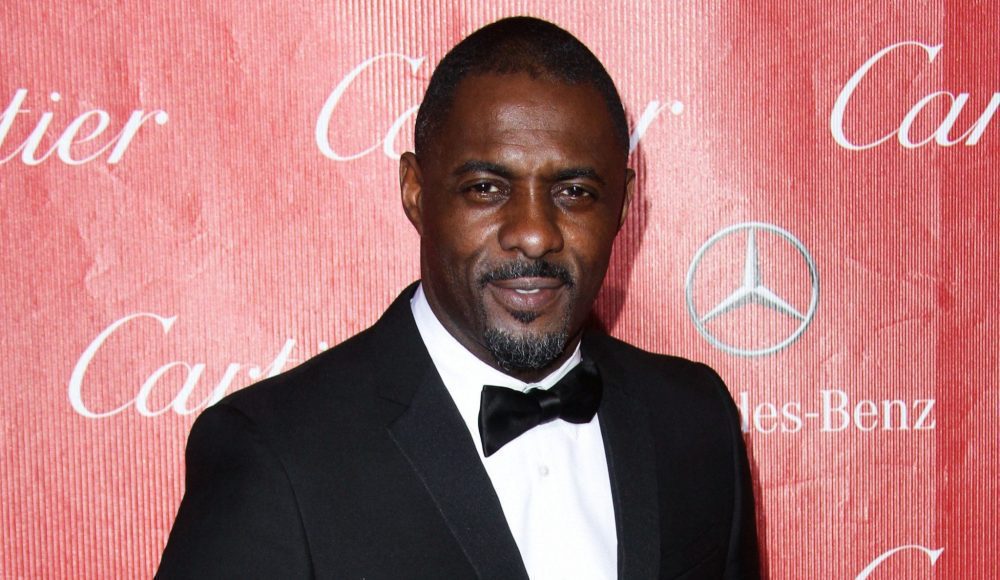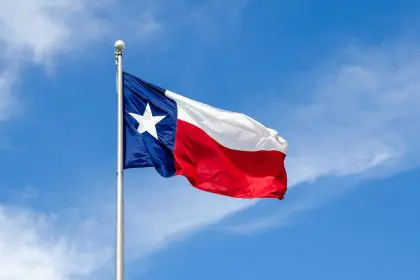Following a string of critically acclaimed performances in films like Ali, Collateral and his Oscar-winning turn in Ray, the man born Eric Bishop has enjoyed multiplatinum success as a recording artist, lent his voice talents to animated hits like Rio and is now set for one of the biggest family films of the year with Annie. But with all of his success, Foxx’s experiences with race in the world of entertainment sound all too typical of an African American star working within a predominantly White platform.
“My record company says ‘Well, Jamie, you’re an urban artist …,’ ” Foxx says, shaking his head. “But my audience is everybody. I worked hard to make that. I’m in Rome, walking around with kids who are 8 or 9 and know me. I’m pitching something to some executives and they’re like ‘Maybe, it’s too urban.’ And I said, ‘let me take you to a Lil Wayne concert — the rapper. So we go. It’s sold out and I ask the executive ‘Turn around and tell me where you see the urban section.’ And he looked around and sees 20,000 White arms [in the air.] They [the kids] ain’t trippin’ on it.”
While he speaks hopefully in regard to the relationship between young White audiences and Black entertainment, Foxx’s perspective isn’t quite as sunny in regards to the relationship between young Black people and White police officers. The day before our interview, a grand jury decided against indicting officer Daniel Pantaleo in the choking death of a Staten Island, New York, man named Eric Garner. The case has received international attention; and the announcement was met with outrage from the African American community and beyond; with widespread protests around various cities in the U.S. and abroad. Foxx says that he’s troubled by the way things have not changed.
“We gotta be able to see it from each other’s lens,” he says.
“Me being an African American entertainer — [I] still get nervous when the cops pull me over,” he says, before telling me a story about a recent experience he had while driving with his friend, actor Tyrin Turner (best known for playing the lead in 1993’s Menace II Society). “I got stopped a few weeks ago. I’m driving in my neighborhood, which is predominantly White. And I’m feeling White — I got my top down and my Rolls Royce like ‘Wow, this is a great, White day!’ With my boy … we’re riding down 101 in L.A., chilling [on a] Sunday. All of a sudden, the cops get behind me. And I’m like ‘OK, the cops are behind me, but it’s a great day and I’m really mainstream.’ But he turns his lights on and I’m thinking ‘It couldn’t be me.’ And I actually move over and say ‘Yeah, go get ‘em! Go get those guys’ and he was like ‘It’s you — pull it over!’ and when he yelled at me, he yelled like I was crazy. He talked to me like I wasn’t human.
“But I said ‘let me look through his lens right quick and how he’s seeing me.’ So I said ‘Foxx, de-escalate.’ Had I not … there’s no telling what could’ve happened.”
He also shares how disturbed he was by the case of Mike Brown in Ferguson, Missouri. Brown was also killed by a White police officer this summer. Like the Garner case, the officer was not indicted — and the public outcry has been swift.
“So you pull up and there’s a kid who’s jaywalking — no big thing,” Foxx says, referencing the Brown murder. “But when you do tell him to get out of the street, let’s say he is an a–hole. Let’s say he’s rapping and all the things you believe a Black person to be — but you know he’s a teenager. Why not take that moment to teach? Say ‘Listen, I’m going to [call backup to] take you downtown and I’m going to call your parents and have your parents come down and I’m going to explain to them that he was disrespectful to me today and I wanted you guys to know that and I wanted to have this conversation because six months from now I don’t want to see him back here in a different situation …’ I want to use this moment to teach.
“And then, we would’ve never heard of this cop. And 15 years from now, that kid who was graduating from high school and went on to college and maybe he was being rambunctious that day, he sees that cop in the community and he says ‘I f—- with dude because when I was a kid, I was acting like a whatever and he taught me a lesson.’ That’s what you do as an authoritative figure.”


